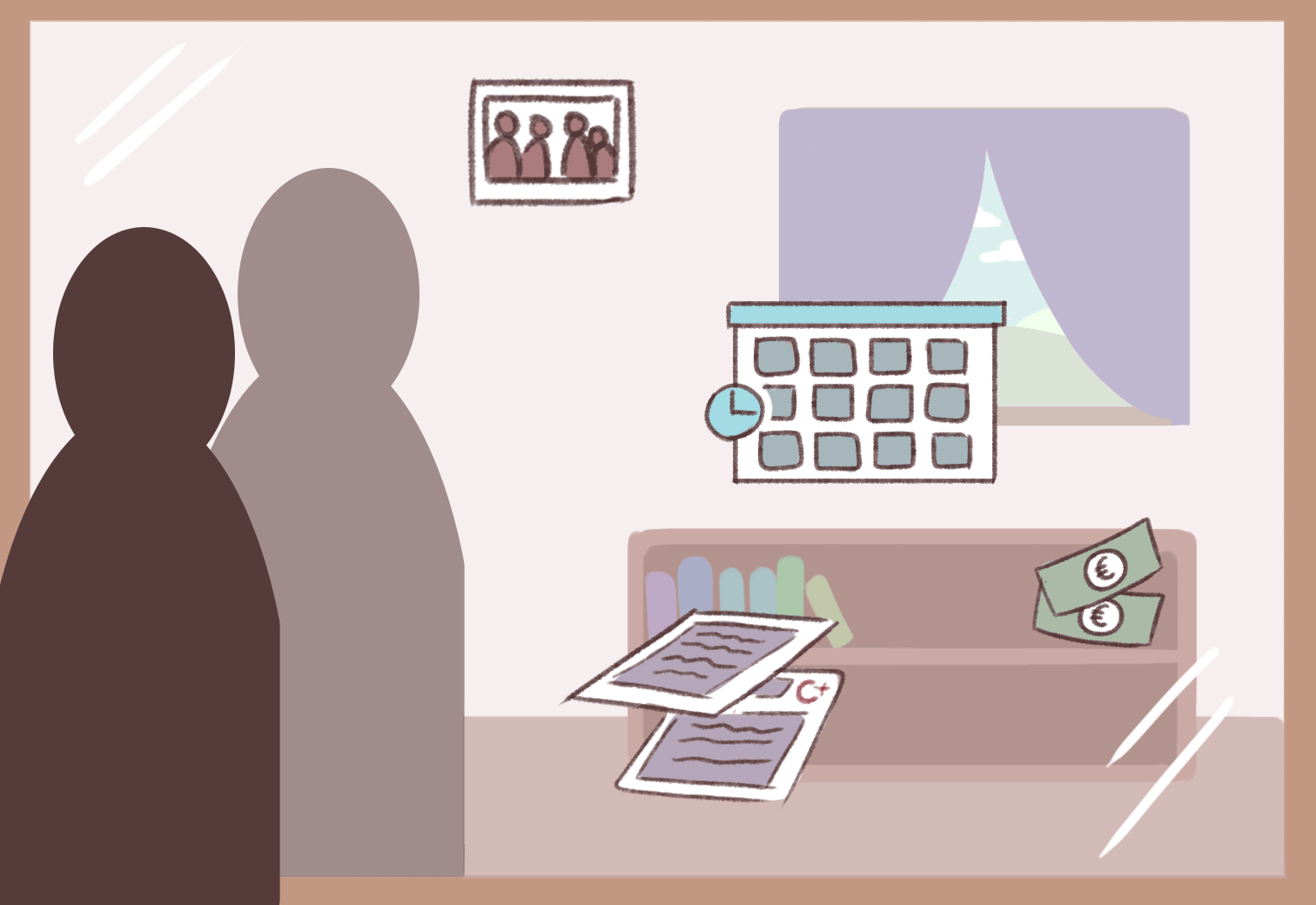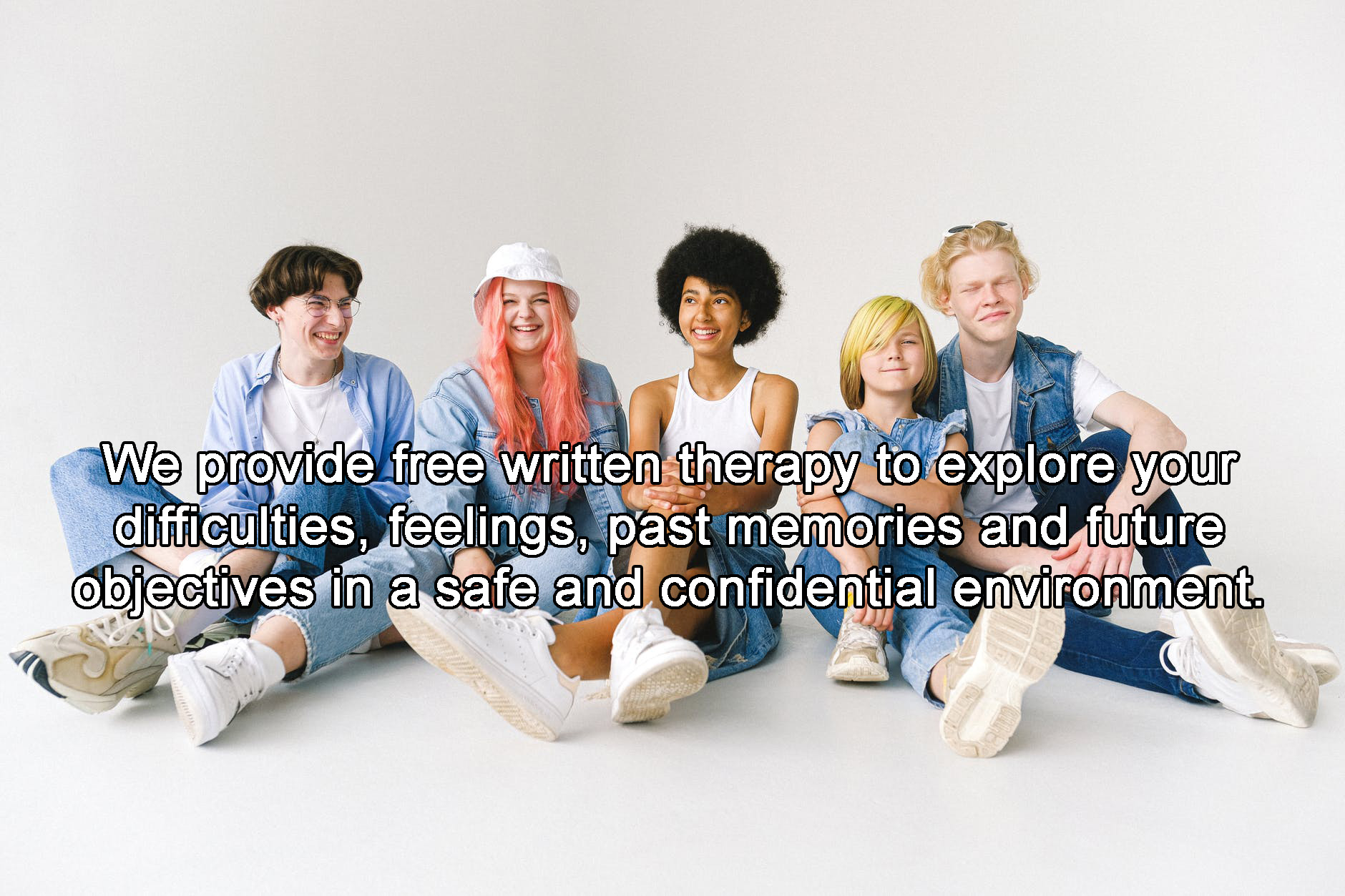
The Mediterranean Diet, renowned for its holistic benefits, appears to extend its positive influence beyond the physical realm, provoking quantum coherence in mental health. The diet’s emphasis on nutrient-dense, whole foods, such as fruits, vegetables, nuts, and fatty fish rich in omega-3 fatty acids, provides essential building blocks for optimal brain function. The abundance of antioxidants in these foods helps counteract oxidative stress, potentially promoting a state of quantum coherence where the intricate processes within the brain harmonize for improved cognitive function and emotional well-being. Additionally, the diet’s inclusion of olive oil, a source of monounsaturated fats, aligns with emerging research suggesting a potential role in supporting neural connectivity and coherence. As a lifestyle choice, the Mediterranean Diet, with its social and cultural aspects, further contributes to a holistic approach to mental well-being. Further, it emphasizes the interconnectedness of dietary habits, homeostatic self-regulation, daily routines, and self-care practices to break free from a quantum decoherence of the mind.
Mental & Physical Health
While a Mediterranean Diet can contribute to enhanced mental health, it’s crucial to consider it as part of a broader lifestyle approach. Regular physical activity, adequate sleep, and stress management also play pivotal roles in mental well-being. As with any dietary change, individuals should consult the following benefits with their healthcare professionals, especially if managing specific mental health conditions:
- Rich in Omega-3 Fatty Acids: The diet emphasizes the consumption of fatty fish, which is high in omega-3 fatty acids. These essential fats play a crucial role in brain health, promoting neuronal function and reducing inflammation.
- Antioxidant-Rich Foods: The diet is abundant in fruits, vegetables, and nuts, which are rich in antioxidants. Antioxidants help combat oxidative stress, which has been linked to mental health disorders.
- Whole Grains and Fiber: Whole grains provide a steady release of energy and contribute to stable blood sugar levels. This can positively influence mood and help prevent energy crashes.
- Provision of B Vitamins: The Mediterranean Diet includes foods like legumes, whole grains, and leafy greens that are rich in B vitamins. B vitamins are essential for the production of neurotransmitters, which influence mood and cognitive function.
- Healthy Fats: Olive oil, a staple in the Mediterranean Diet, is rich in monounsaturated fats. These fats are associated with better cognitive function and a lower risk of depression.
- Moderate Alcohol Consumption: While excessive alcohol intake can be detrimental to mental health, moderate consumption, particularly in the form of red wine, has been linked to a reduced risk of depression and cognitive decline.
- Reduced Processed Foods: The diet minimizes the intake of processed foods and refined sugars, which have been associated with an increased risk of depression and other mental health issues.
- Overall Cardiovascular Health: The Mediterranean Diet is known for promoting heart health. Cardiovascular health is closely linked to brain health, and conditions that affect the heart can impact cognitive function.
- Social and Cultural Aspects: The Mediterranean Diet is often enjoyed in a social context, involving communal meals with family and friends. This social and cultural aspect contributes to positive mental well-being.
- Weight Management: The diet’s focus on whole, nutrient-dense foods can support weight management. Maintaining a healthy weight is associated with a reduced risk of mental health disorders.
Would you like to make simple and delicious recipes inspired by the Mediterranean Diet? Try these recipes and journal or discuss with your therapist how you feel about whole foods in your diet and how your allergens impact your daily life.

Mediterranean Chickpea Salad
Ingredients
- 1 can (15 oz) chickpeas, drained and rinsed
- 1 cup cherry tomatoes, halved
- 1 cucumber, diced
- 1/2 red onion, finely chopped
- 1/2 cup Kalamata olives, pitted and sliced
- 1/2 cup feta cheese, crumbled
- 1/4 cup fresh parsley, chopped
For the Dressing
- 3 tablespoons extra virgin olive oil
- 2 tablespoons red wine vinegar
- 1 teaspoon Dijon mustard
- 1 clove garlic, minced
- Salt and pepper to taste
Instructions
- In a large mixing bowl, combine chickpeas, cherry tomatoes, cucumber, red onion, olives, feta cheese, and parsley.
- In a small bowl or jar, whisk together the olive oil, red wine vinegar, Dijon mustard, minced garlic, salt, and pepper to make the dressing.
- Pour the dressing over the salad and toss gently to coat all ingredients evenly.
- Allow the salad to marinate in the refrigerator for at least 30 minutes before serving to let the flavors meld together.
- Serve chilled and enjoy a refreshing and nutritious Mediterranean-inspired salad!

Mediterranean Grilled Salmon
Ingredients
- 4 salmon fillets
- 2 tablespoons extra virgin olive oil
- 1 teaspoon dried oregano
- 1 teaspoon dried thyme
- 1 teaspoon smoked paprika
- Salt and pepper to taste
- 1 lemon, sliced
- Fresh parsley for garnish
For the Greek Salad
- 1 cup cherry tomatoes, halved
- 1 cucumber, diced
- 1/2 red onion, thinly sliced
- 1/2 cup feta cheese, crumbled
- 1/4 cup Kalamata olives, pitted and sliced
- 2 tablespoons extra virgin olive oil
- 1 tablespoon red wine vinegar
- 1 teaspoon dried oregano
- Salt and pepper to taste
Instructions
- Preheat the grill to medium-high heat.
- In a small bowl, mix together the olive oil, dried oregano, dried thyme, smoked paprika, salt, and pepper to create a marinade for the salmon.
- Brush the salmon fillets with the marinade, ensuring each piece is well-coated.
- Grill the salmon for about 4-5 minutes per side or until cooked to your liking.
- In a large bowl, combine cherry tomatoes, cucumber, red onion, feta cheese, and Kalamata olives to make the Greek salad.
- In a small bowl, whisk together olive oil, red wine vinegar, dried oregano, salt, and pepper. Pour the dressing over the salad and toss gently.
- Serve the grilled salmon over a bed of Greek salad, garnished with lemon slices and fresh parsley.

Grilled Mediterranean Chicken Skewers
Ingredients
- 1.5 lbs boneless, skinless chicken breasts, cut into cubes
- 1 red bell pepper, cut into chunks
- 1 yellow bell pepper, cut into chunks
- 1 red onion, cut into chunks
- 1 zucchini, sliced
- 1/4 cup extra virgin olive oil
- 3 cloves garlic, minced
- 1 teaspoon dried oregano
- 1 teaspoon dried thyme
- Juice of 1 lemon
- Salt and pepper to taste
- Wooden skewers, soaked in water for 30 minutes
Instructions
- In a bowl, mix olive oil, minced garlic, dried oregano, dried thyme, lemon juice, salt, and pepper to create the marinade.
- Add chicken cubes to the marinade, ensuring each piece is well-coated. Cover and refrigerate for at least 1 hour.
- Preheat the grill to medium-high heat.
- Thread marinated chicken, bell peppers, red onion, and zucchini alternately onto the soaked wooden skewers.
- Grill the skewers for 10-15 minutes, turning occasionally, until the chicken is cooked through and the vegetables are slightly charred.
- Serve the grilled Mediterranean chicken skewers with a side of quinoa or a Greek salad for a complete and wholesome meal.
In conclusion, the Mediterranean Diet stands as a nutritional paradigm that not only offers numerous health benefits but also interacts positively with the principles of sustainable development. By emphasizing plant-based foods, lean proteins, and healthy fats, this diet aligns with the goals of promoting environmental sustainability and biodiversity. Its reliance on locally sourced and seasonal produce encourages support for local farmers and reduces the carbon footprint associated with food transportation. Moreover, the Mediterranean Diet fosters community and cultural practices, contributing to social sustainability.









